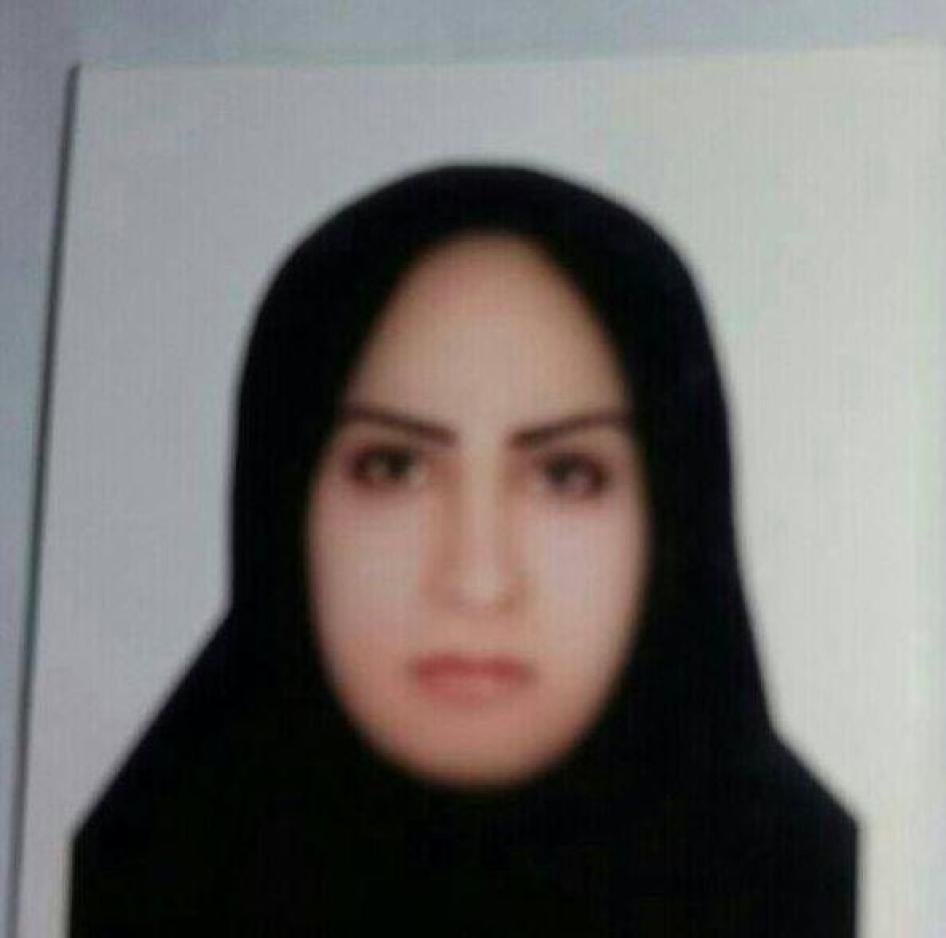On September 30, a young woman delivered a stillborn child in Euromieh central prison, in northern Iran. That would be tragic for any mother, but in Zeinab Sekaanvand’s case, the tragedy is runs even deeper: the delivery brings her one step closer to the gallows.
Zeinab, who was sentenced to death for allegedly murdering her husband in 2012, when she was 17, was informed by authorities this week her execution could take place in the coming weeks. (Zeinab had married a fellow prisoner who fathered the child.)
Iranian law punishes intentional murder with death but prohibits the execution of a pregnant woman. Zeinab, who is from a small village in northern Iran, was just 15 at the time of first marriage. During her trial the court discounted Zeinab’s claims that her husband frequently beat and abused her, a source told Human Rights Watch.
Under the Iranian Civil Code, girls can marry at 13 and boys at 15. International human rights standards recommend 18 as the minimum age for marriage. Those who marry young face a higher risk of physical and sexual abuse than women who marry at 18 or later, studies show.
As a party to the Convention on the Rights of the Child, Iran is obligated to outlaw use of the death penalty on persons who were under age 18 at the time they committed a capital offense. According to Amnesty International, Iran has nevertheless executed at least one person convicted for an offense when they were a child in 2016, and has at least 49 other child offenders on death row. Other groups have documented cases in recent years where child defendants did not have adequate access to lawyers.
Legal reforms in Iran that went into force in 2013 give judges discretion to spare children the death penalty if they did not understand the nature of the crime for which they were convicted. It also entitles those sentenced to death prior to the 2013 reforms to a new trial, but places the onus on them to request it – something that those from marginalized backgrounds may be ill-equipped to do.
The 2013 reforms aimed to prevent wrongful conviction of children for capital offenses. If the Iranian government is serious about this goal, it should at a minimum grant everyone facing the death penalty for alleged offenses committed as children a new trial that conforms to international human rights standards. This includes Zeinab, an alleged victim of domestic violence, who may otherwise imminently face the gallows.








